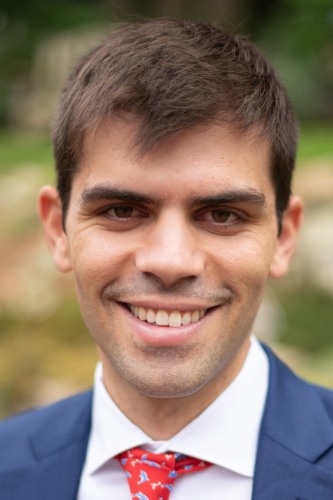
Lee-Or Ankori-Karlinsky
Biography
Lee-Or Ankori-Karlinsky is a sixth year Ph.D. candidate in Political Science at Brown University. He studies the psychology of conflict and violence. Lee-Or’s dissertation examines how political symbols shape patterns of political violence in the United States and the Middle East. In other work, he studies partisan polarization in the United States, the role of second-order beliefs in the decision to use nuclear weapons, and the effect of intersecting religious holidays on ethnic violence. His research has been published in PNAS and Scientific Reports. Before starting his Ph.D., Lee-Or worked in global conflict resolution for 8 years.
Job Market Paper Title
Political Symbols and Social Order: Confederate Monuments and Performative Violence in the post-Reconstruction U.S. South
Job Market Paper Abstract
Violent conflicts are characterized by the production of symbols: monuments, parades, and rituals aimed at commemorating the victims and celebrating the fighters and their cause. We often consider these activities to be byproducts of past violence. I introduce a theory suggesting that political symbols exert a causal effect on future political violence. Political symbols generate shared understandings of the prevailing social order, specifically, status hierarchies and group boundaries. Symbols that affirm an existing or emerging social order may act as substitutes for performative political violence motivated by status considerations. At the same time, the removal of political symbols may signal that the social order is contested, therefore increasing the likelihood of performative violence. I test this theory by examining the effect of Confederate monument construction on the likelihood of lynching and public executions in the aftermath of the United States Civil War (1877-1928). Using a difference-in-differences design along with original archival work, I present evidence that Confederate monument dedications caused a statistically and substantively significant reduction in performative violence, acting as a substitute in the construction of a white supremacist social order. I then test the effect of Confederate monument removals, finding that taking down monuments increased the likelihood of anti-Black hate crimes between 2014 and 2022 throughout the United States. The findings have theoretical and practical implications regarding the causes of political violence and the role of political symbols in protracted conflicts.